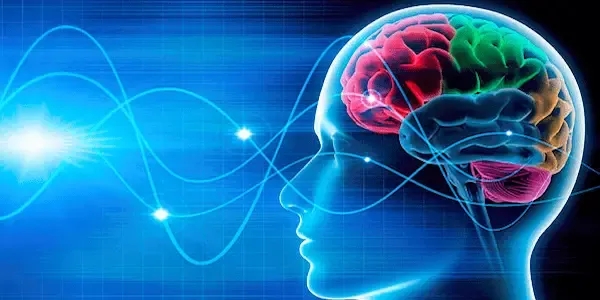
Looking back, I took learning for granted. School was just a mandatory thing, and there were no other options. I have good memories of school; however, I did not maximize my potential. I got B’s, a rare A, an occasional C, and a few “others.” In high school, I achieved moderate success in three sports and earned 7 letters (basically recognition for participation). I was into the social scene and rarely missed a party.
I struggled in college because my study habits were less than optimal. Between frat parties and intramural sports, I kept myself busy. Friends and social life took precedence over studies. I was able to achieve a respectable GPA and graduated in 4 years.
Self Perception
Somewhere along the line, I fell into a belief about myself that hampered me throughout my career. I believed I was scattered, disorganized, and not all that bright. I thought of myself as competent enough to get decent grades, yet I never felt I could make the honor roll or dean’s list. To be clear, I’m not complaining or feeling sorry for myself. I have no regrets. This is an honest admission to get my point across in this article.

Old Dogs Can Learn New Tricks
Over the last several years, I’ve had an epiphany about learning. Many of us get to a certain age and don’t have the gumption to change, learn, and grow. We get into our comfort zone. We hold on to beliefs about ourselves that have taken root over time. There is a tendency to subscribe to the age-old philosophy, “You can’t teach an old dog new tricks.” (Turns out this expression doesn’t even apply to dogs*)
**The Research Is In

For years, scientists labored under the false assumption that the human brain was hardwired and complete in its development by the time we reached a certain age. Even today, some of the language we use to describe the brain and how it operates — wires, circuits, networks, compartments, etc.- suggests that the brain is a rigid instrument.
Only in the last 30 years has research revealed proof that the adult brain continues to grow and change, forming new synaptic connections and severing others. The technical name for this is neuroplasticity, which refers to the physiological changes in the brain that happen as the result of our interactions with our environment. From the time the brain begins to develop in utero until the day we die, the connections among the cells in our brains reorganize in response to our changing needs. This dynamic process allows us to learn from and adapt to different experiences.
But Wait, There’s More
Neuroplasticity vs. Neurogenesis
Although related, neuroplasticity and neurogenesis are two different concepts. Neuroplasticity is the ability of the brain to form new connections and paths and change how its circuits are wired. Neurogenesis is the even more fantastic ability of the brain to grow new neurons (Berland 2017).
It’s Only Too Late if We Think It Is

Bottom line — It’s never too late. The brain is not a static organ. Just like a muscle, to keep it supple, we need to exercise it. Jim Kwik’s book “Limitless” describes various ways to keep our brains in great shape. If you are so inclined, check it out.
* “In fact, adult dogs are often easier to train than their younger canine friends specifically because they are not as active. Older dogs are not as easily distracted as pups and can focus for longer periods of time. This ability to concentrate helps them learn new routines more easily.” From an article written in VCA Animal Hospitals By Malcolm Weir, DVM, MSc, MPH; Lynn Buzhardt, DVM
** Evolve Your Brain The Science of Changing Your Mind, written by Dr. Joe Dispenza
Leave a comment